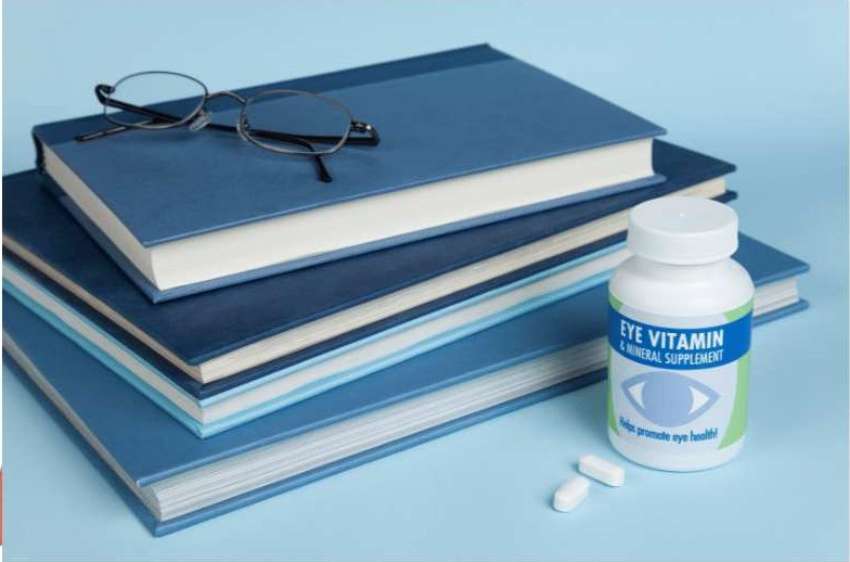Best Vitamins for Eye Health
Our eyes, the windows to the world, are intricate and delicate organs. They enable us to experience life’s beautiful moments and help us navigate our surroundings. To function optimally and ward off potential eye-related issues, they rely heavily on various nutrients. Among these nutrients, vitamins play an indispensable role. Understanding the role of different vitamins in eye health can be a proactive approach to maintaining sharp vision and eye wellness.
Why Vitamins Matter
Every organ and cell in our body requires a mix of vitamins to function. These organic compounds, though required in tiny amounts, play a crucial role in numerous biochemical processes. For our eyes, certain vitamins offer protection against debilitating eye diseases and conditions that might lead to vision impairment or loss.
Key Vitamins for Optimal Eye Health
- Vitamin A: Often called the “eye vitamin,” it’s no exaggeration to say that Vitamin A is paramount for our eyes. It is a component of the protein rhodopsin, which supports the retina to absorb light. A deficiency can lead to night blindness and more severe conditions like xerophthalmia, which can cause blindness if not addressed. Sources include carrots, sweet potatoes, and liver.
- Vitamin C: An antioxidant that the body doesn’t produce on its own, Vitamin C can help ward off the risk of cataracts and age-related macular degeneration (AMD). It plays a vital role in maintaining the health of blood vessels in the eyes. Citrus fruits, strawberries, and bell peppers are rich sources.
- Vitamin E: This powerful antioxidant protects our cells, including eye cells, from damage by free radicals (unstable molecules). Research indicates that it can prevent or slow down the progression of AMD and cataract formation. Almonds, sunflower seeds, and spinach are good sources.
- Vitamin B2 (Riboflavin): Essential for maintaining corneal transparency. A deficiency can result in sensitivity to light, itching, and burning eyes. Dairy products, eggs, and green leafy vegetables are rich in riboflavin.
- Zinc: Not exactly a vitamin, but worth mentioning due to its importance. Zinc is a helper molecule that brings Vitamin A from the liver to the retina to produce melanin, a protective pigment in the eyes. Beef, pumpkin seeds, and lentils are great sources.
Supplementing with Care
While vitamins play a pivotal role, it’s worth noting that excessive supplementation can be counterproductive. For instance, an overdose of Vitamin A can lead to toxicity. It’s always a good idea to discuss any supplementation plans with a healthcare professional, especially if you have existing health conditions.

